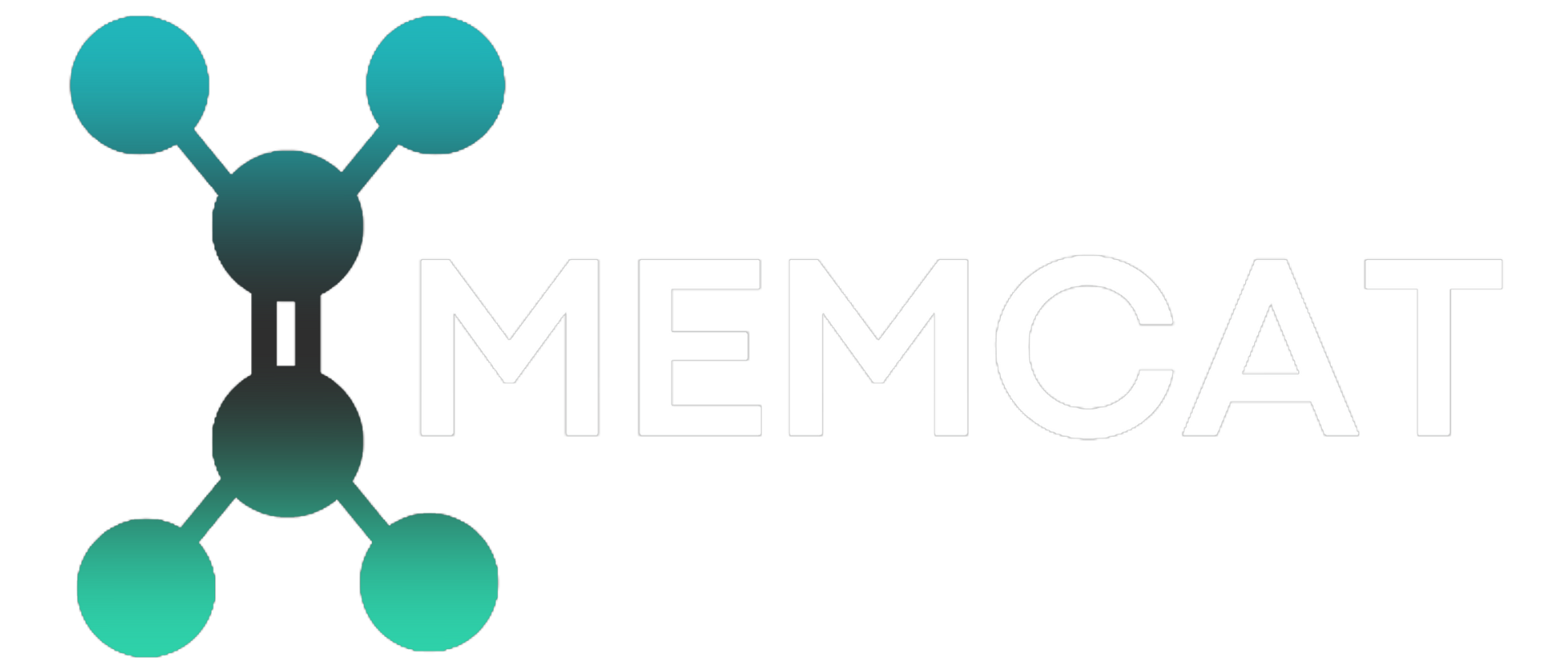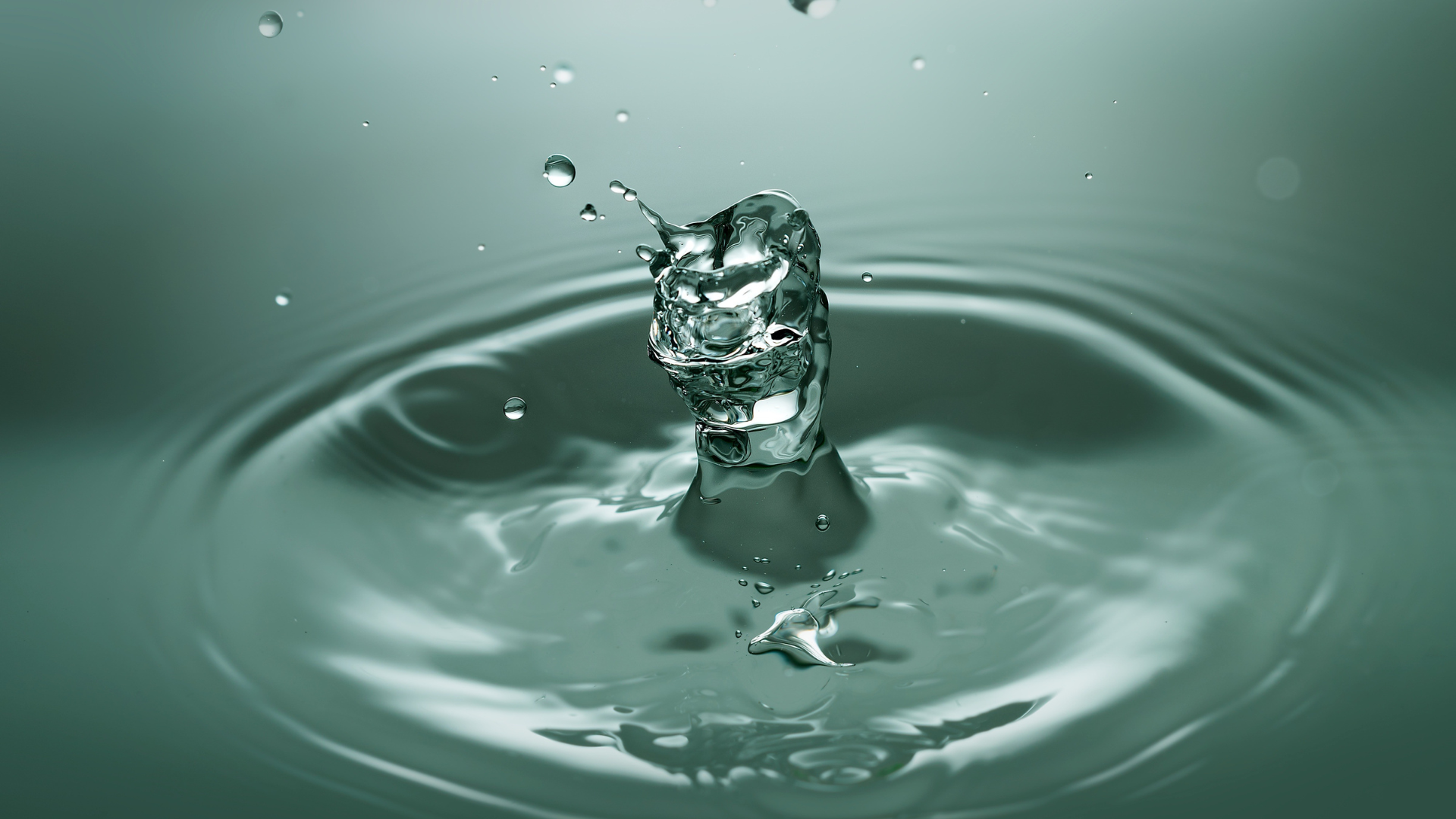MemCat aims to revolutionize plastic production by creating carbon-negative plastic precursors from captured CO2 and renewable H2, thus introducing e-Plastic—renewable carbon-negative plastic. Ethylene (ET), a key chemical with extensive industrial use, is targeted for production. Currently, ET is produced unsustainably, resulting in significant CO2 emissions. MemCat proposes using captured CO2 as a feedstock for ET synthesis through a novel CO2 conversion process. The project will develop tandem catalysts and nanocomposite membranes to facilitate high-yield conversion of CO2 to ET with exceptional selectivity. By integrating these advancements into a membrane reactor, MemCat aims to achieve at least 80% CO2 conversion with over 95% selectivity to ET. The project also seeks to develop similar processes for other important monomers, ultimately contributing to the sustainability of the chemical industry and reducing CO2 emissions on a global scale.
- Current Challenges: Ethylene (ET) is a crucial compound in various industries, but its conventional production method, which involves steam cracking of naphtha, leads to significant CO2 emissions. This process is unsustainable and contributes to environmental pollution.
- Vision of MemCat: MemCat aims to address this challenge by developing a novel approach to ethylene production. Their vision is to utilize captured CO2 and renewable hydrogen (H2) as feedstocks to create ethylene, thereby introducing a sustainable and carbon-negative alternative to conventional production methods.
- Key Innovations:
- Catalyst Development: MemCat plans to develop innovative tandem catalysts capable of efficiently converting CO2 into ethylene with high yield. These catalysts will be designed using critical-raw-material-free metal oxides and zeolites, with nanostructuring techniques to enhance their performance.
- Membrane Reactor Design: The project will integrate these catalysts into a novel membrane reactor (MR) design. This reactor will feature tailored nanocomposite membranes to enable direct synthesis of ethylene from CO2 with high conversion rates and exceptional selectivity.
- Operando Studies and Modeling: MemCat will conduct detailed operando studies of the catalysts during the reaction process. This experimental data, combined with density functional theory (DFT) modeling, will provide insights into the reaction mechanisms, facilitating the rational improvement of catalysts for enhanced performance.
- Achieving Sustainability: MemCat’s approach ensures the sustainability of ethylene production by utilizing captured CO2 and renewable hydrogen. This not only reduces reliance on fossil fuels but also mitigates CO2 emissions, contributing to environmental conservation efforts.
- Future Implications: The success of MemCat’s approach could have far-reaching implications beyond ethylene production. By developing nanostructured catalysts and membrane reactor technologies, MemCat aims to pave the way for similar processes for other important monomers used in the chemical industry. This includes compounds like propene and butadiene, further expanding the scope of sustainable plastic production.
Overall, MemCat’s innovative approach holds the promise of transforming the plastic production industry, offering a sustainable alternative that aligns with global efforts to combat climate change and reduce carbon emissions.

